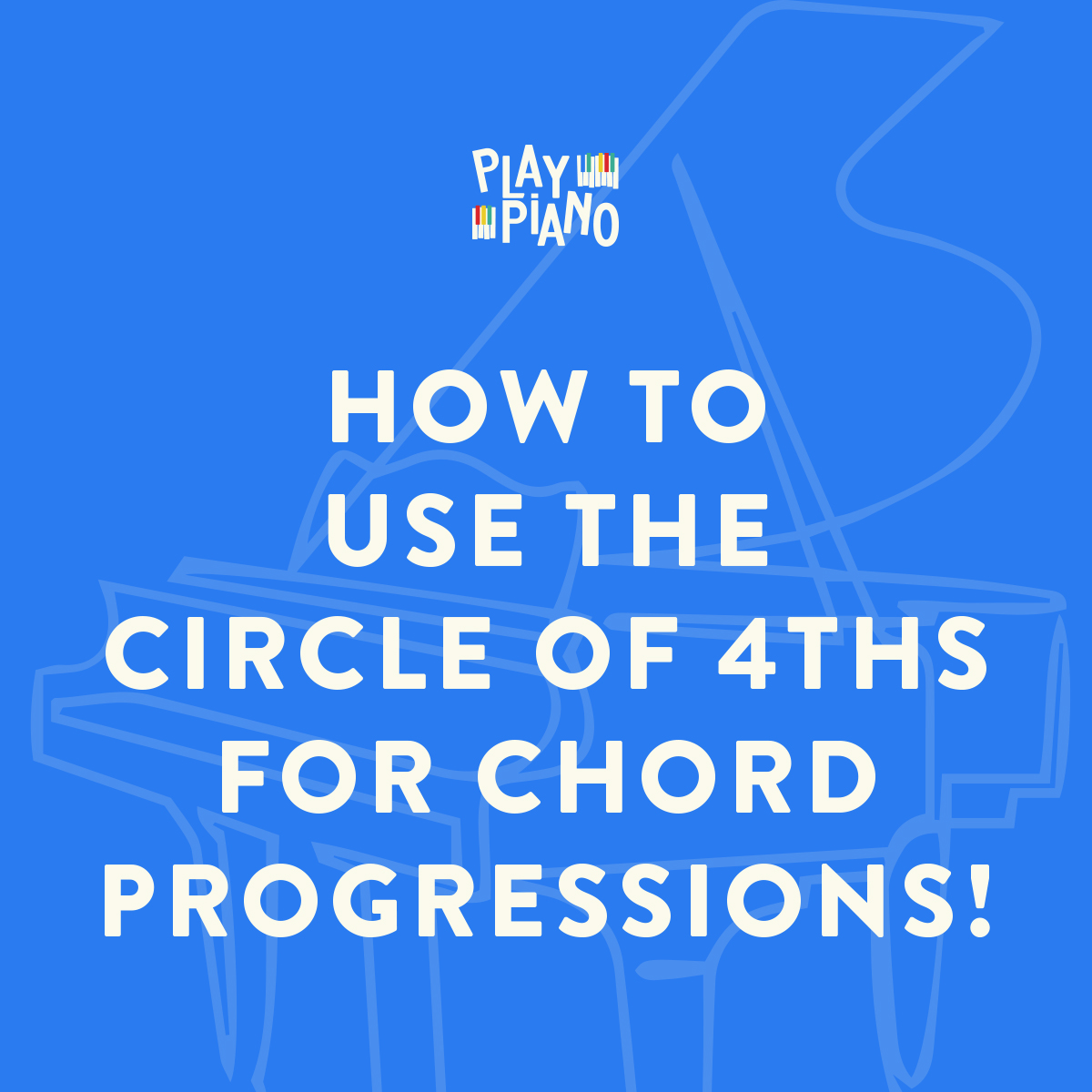Description
The circle of 4th (same as the circle of 5ths, except it goes the other way) progresses through all 12 keys, and in it lies the secret of chord progressions. You’ll learn how to move from major 7ths to minor 7ths; from suspensions to resolutions; and you’ll learn how easy it is to develop your improvisations simply by breaking up the notes of the chord progressions within the circle. A printed copy of the circle of 4ths is included with this course, naturally.
A circle of 5ths is a drawing used in music theory. It helps one learn and understand chord progression, 24 major and minor scales used in music, keys and accidentals that occur, the order of sharps and flats and how to construct the major and minor chords. It is a basis of western music theory. The circle may be confusing when you look at it for the ï¬rst time but once you recognize how it works, it is of great help to the music students to comprehend music relationships. It plays a major role in the music industry as it helps to create great chord progressions.
The diagram resembles a circular wall clock with 12 musical notes around it. The notes are a prefect ï¬fth apart from each other. At the top of the circle which is like the 12 o’clock position is the C major note. As you progress clockwise around the circle move ï¬ve keys and you ï¬nd the other note G, which is at the 1 o’clock point. The next ï¬ve intervals after G is D, a perfect ï¬fth after D is A. The movement goes clockwise through all the 12 notes C-G-D-A-E-B-F#-Db-Ab-Eb-Bb-F till you ï¬nally return to point C in perfect 5ths. A major key is in capital letter while minor is in small letter.
At the base of the circle, the notes F#, C# and B contain two spellings Gb, Db and Cb simultaneously. This indicates enharmonic notes meaning they are equal. Therefore B and Cb are equal, C# and Db and also F# and Gb. The C major note does not have sharps or flats. G has one sharp followed D which has 2 sharps, A has 3 sharps and so on. In determining the flats in a key, go counter clockwise with F having one flat, Bb 2 flats and so on. Therefore when you go clockwise you add a sharp and when you go counter clockwise you add a flat in the circle.
The circle of 5ths is used to play common progressions on western music like the 1-1V-V used in country music or rock. Here choose any key you would like to play the chord progression say D. To get the 1V chord go clockwise ï¬ve positions to the G note. The V chord after perfect ï¬fths is note A. Thus the key for 1-1V-V at D is D-G-A. By using this circle you can make the same chord progressions in different keys. This is useful to song writers in composition using several keys.
The circle of 5ths is therefore important as it helps students determine the key of music in which they might be playing. It also enables a person learn about the scales. The student uses the circle to ï¬nd out the sharps or flats in a key and determines which notes are to be lowered or raised. To determine the sharps in any key move clockwise from C and the flats counter clockwise. One can also learn on the major of a minor key as they are put together in the diagram and have similar key signature. This technique is also useful learning to play a guitar for the ï¬rst time as one can understand chord progressions.
This course contains an Audio CD and DVD video








Reviews
There are no reviews yet.